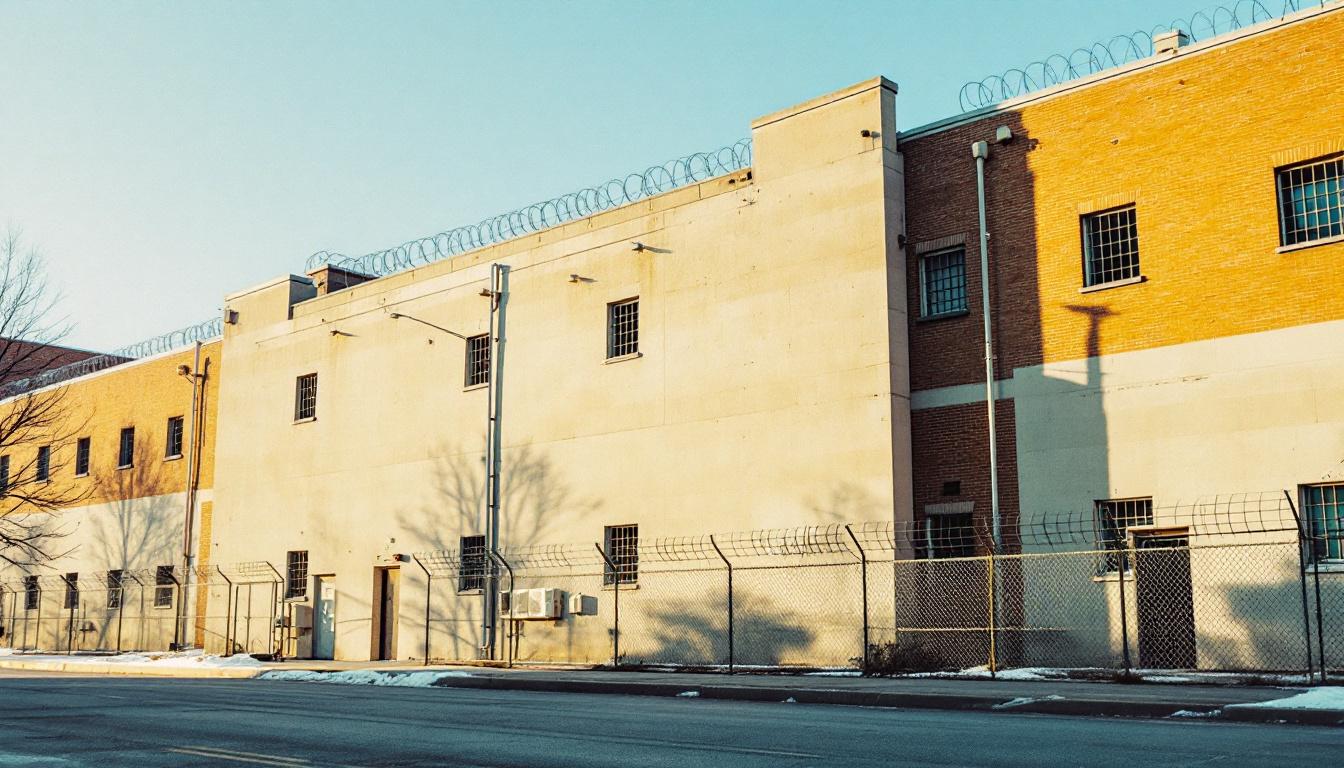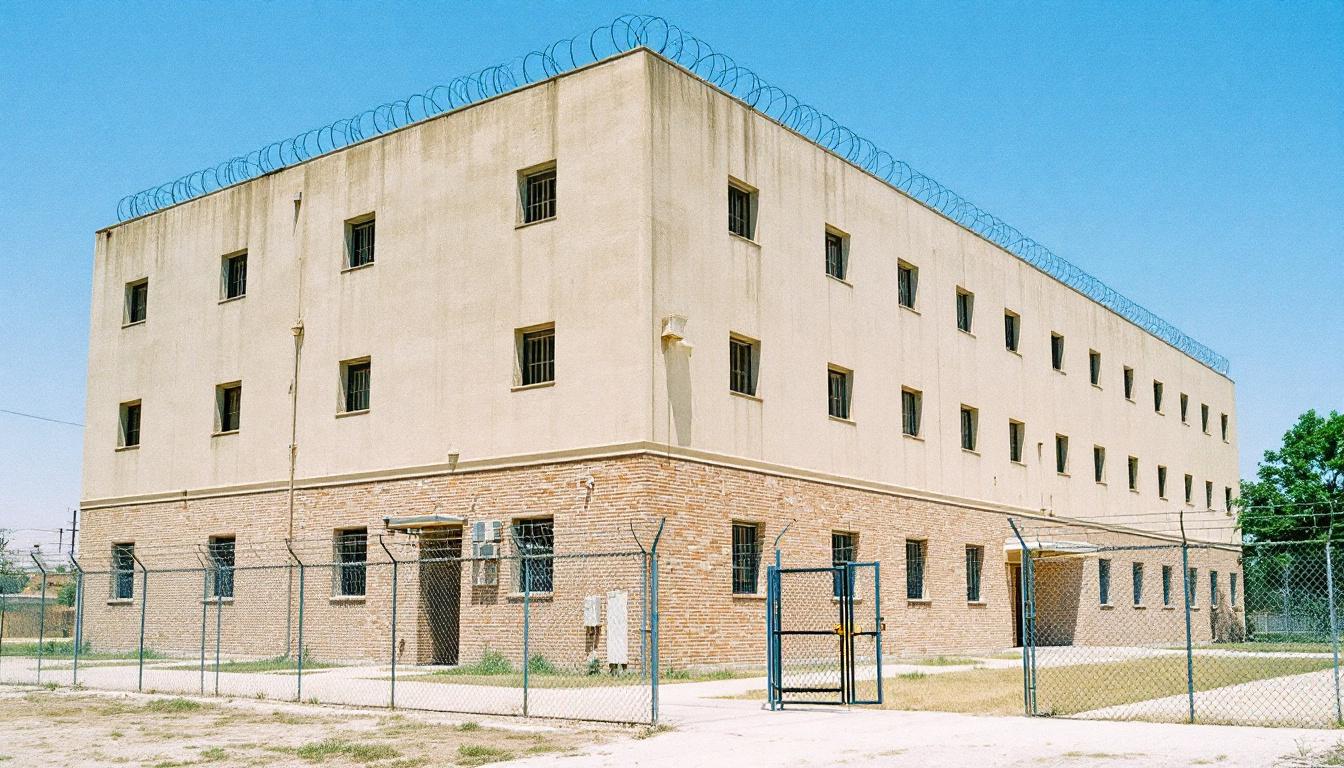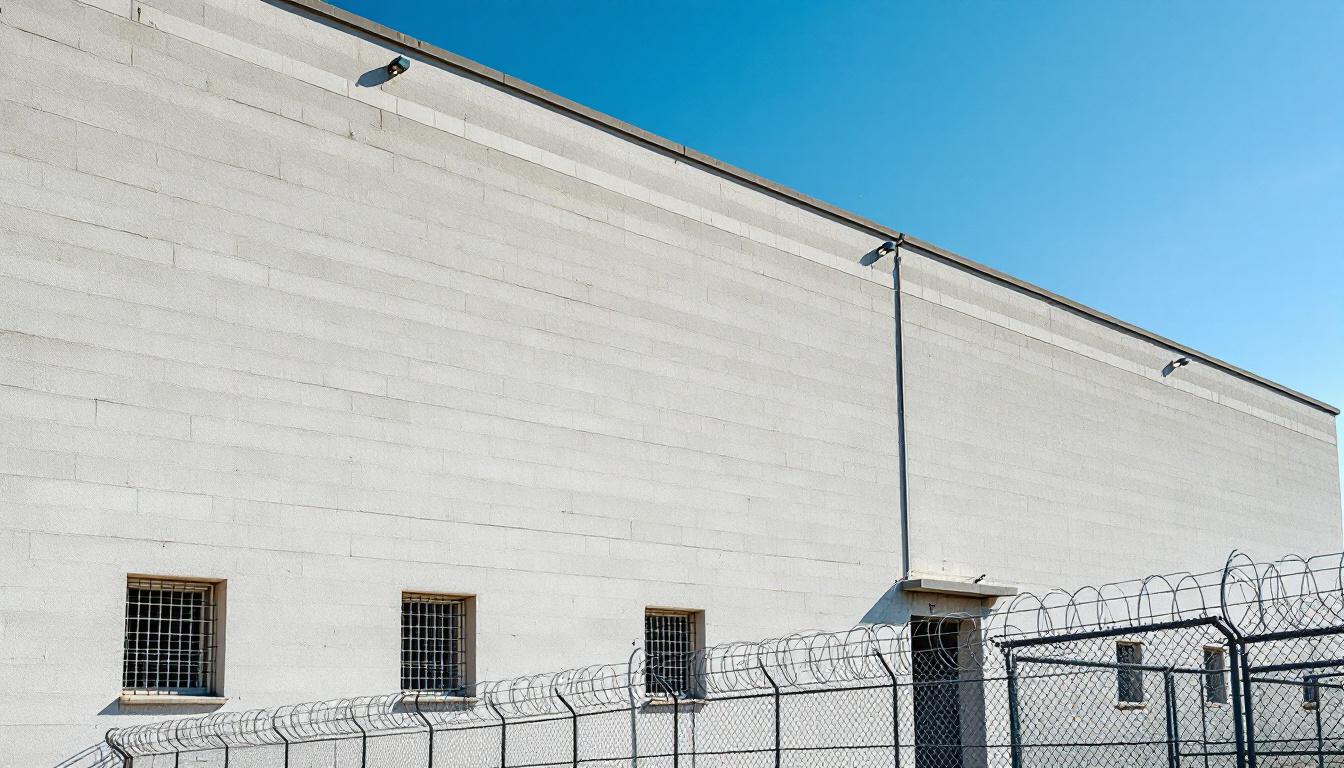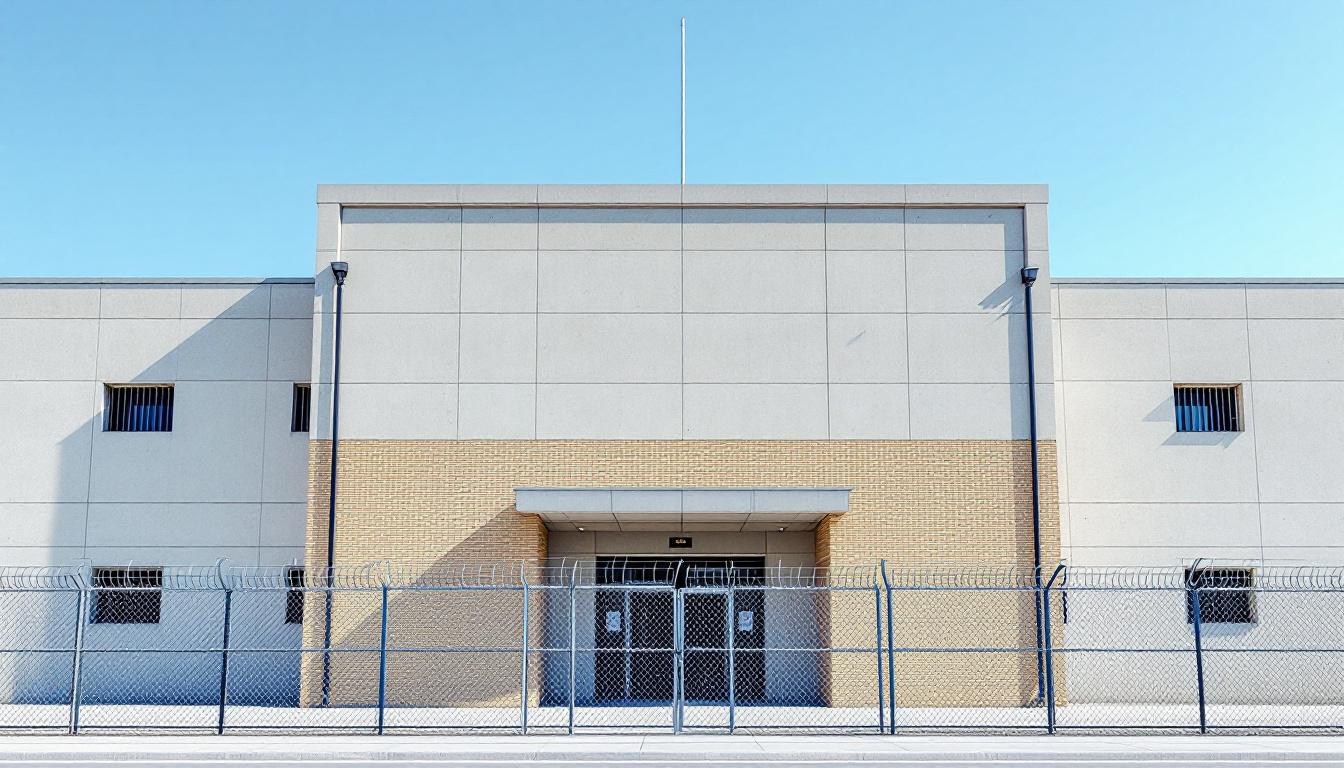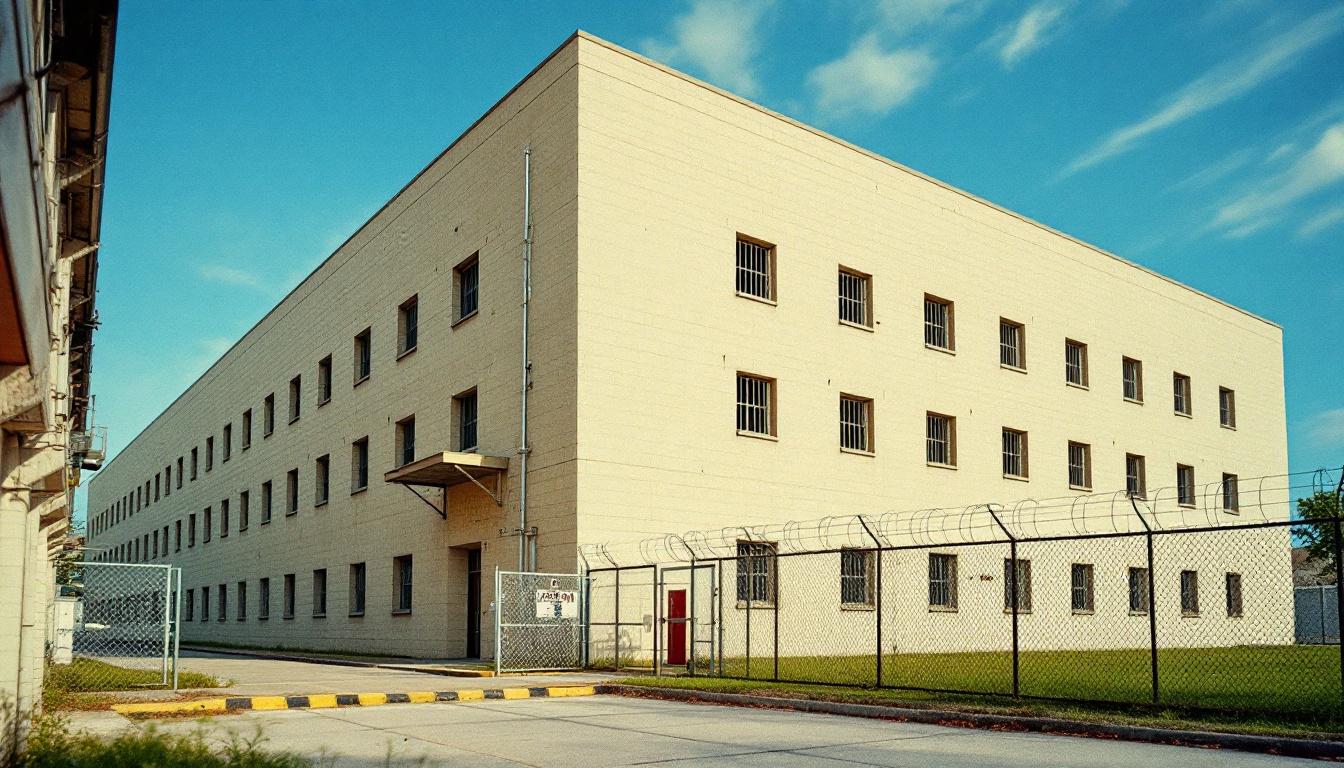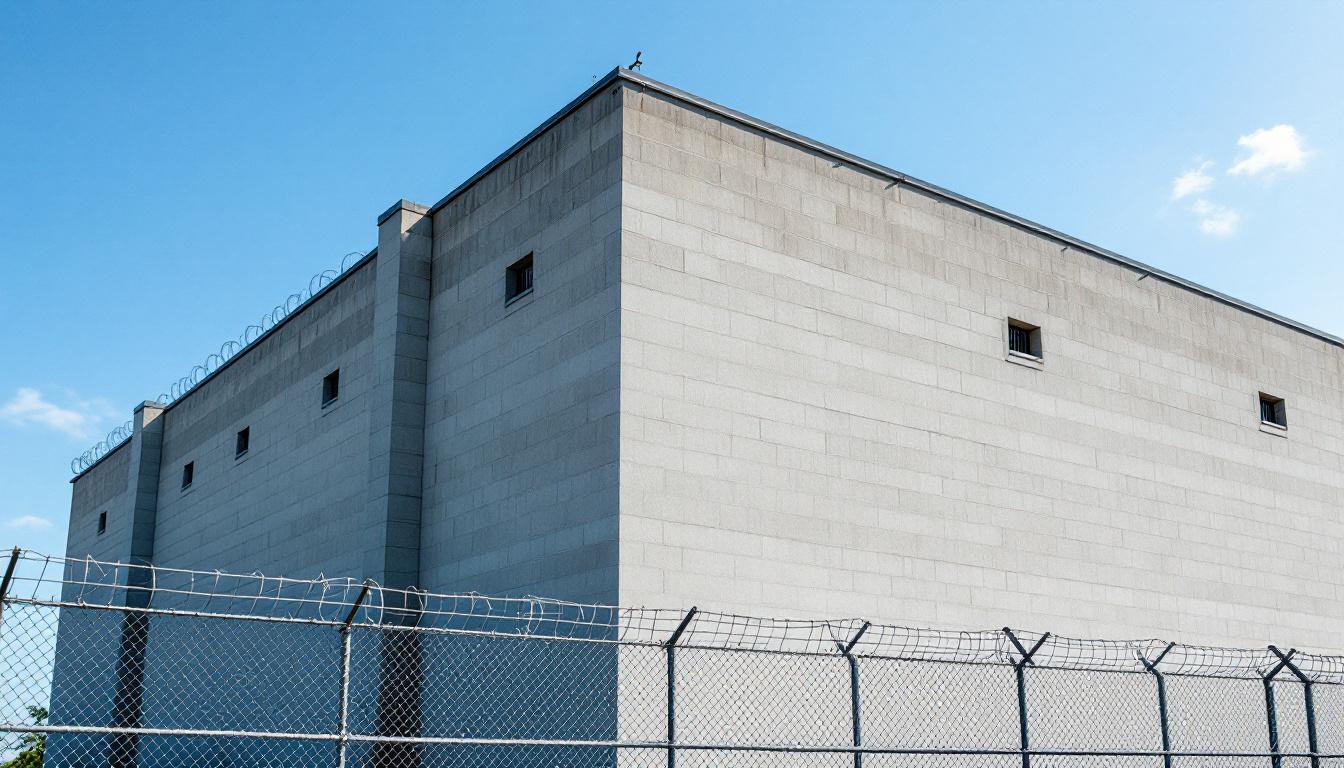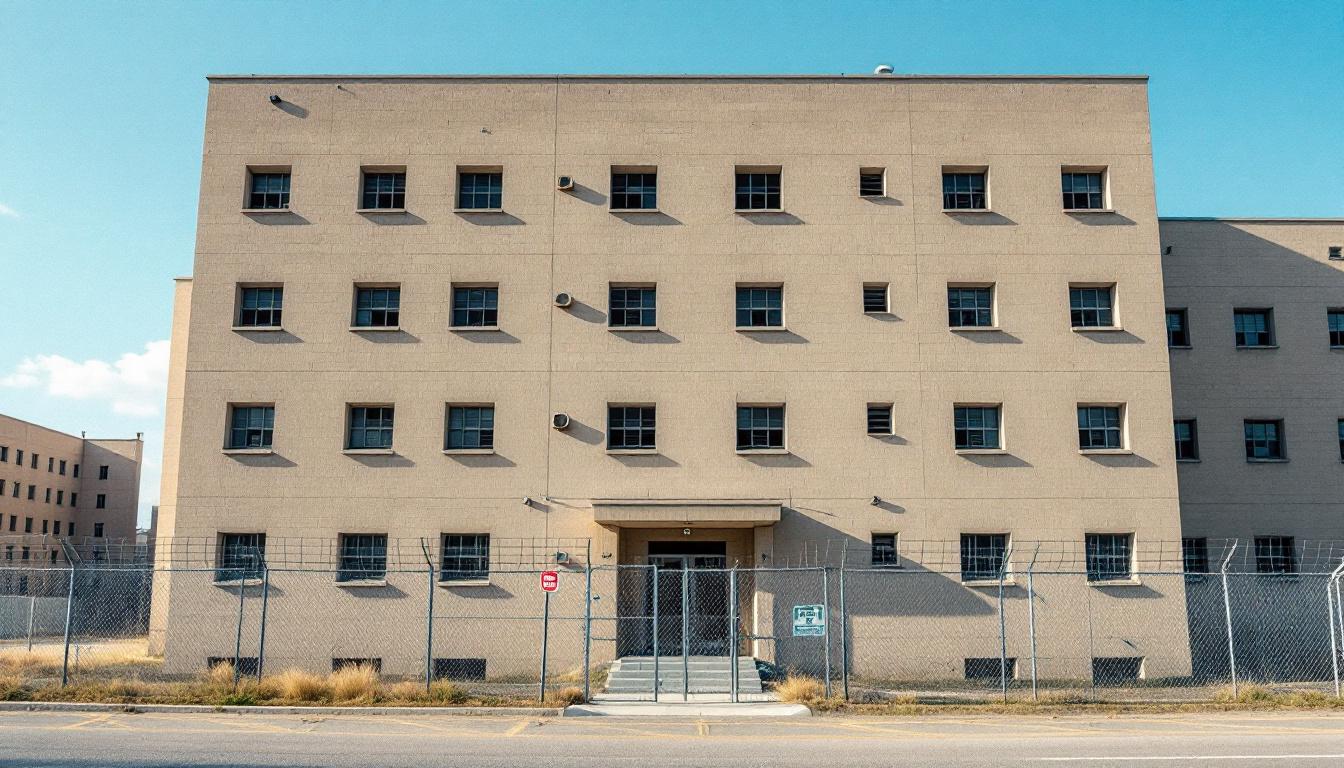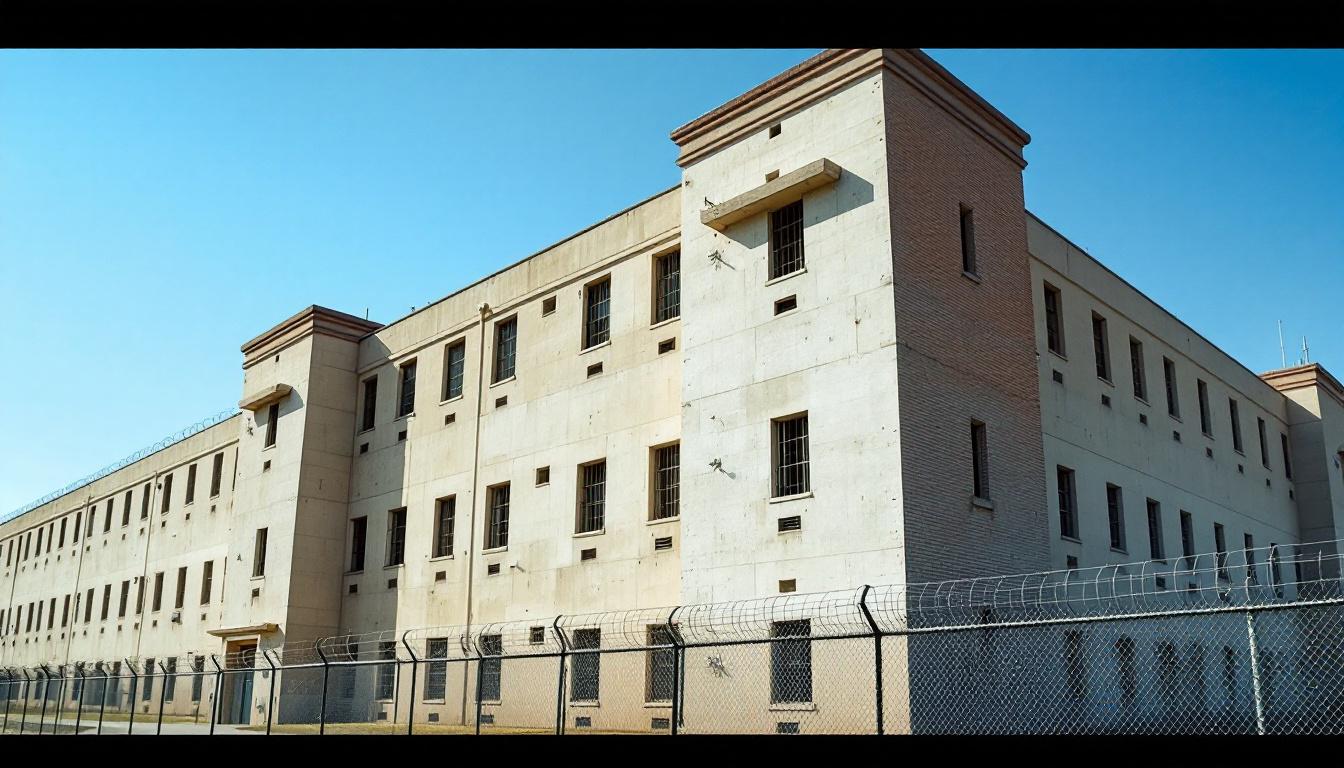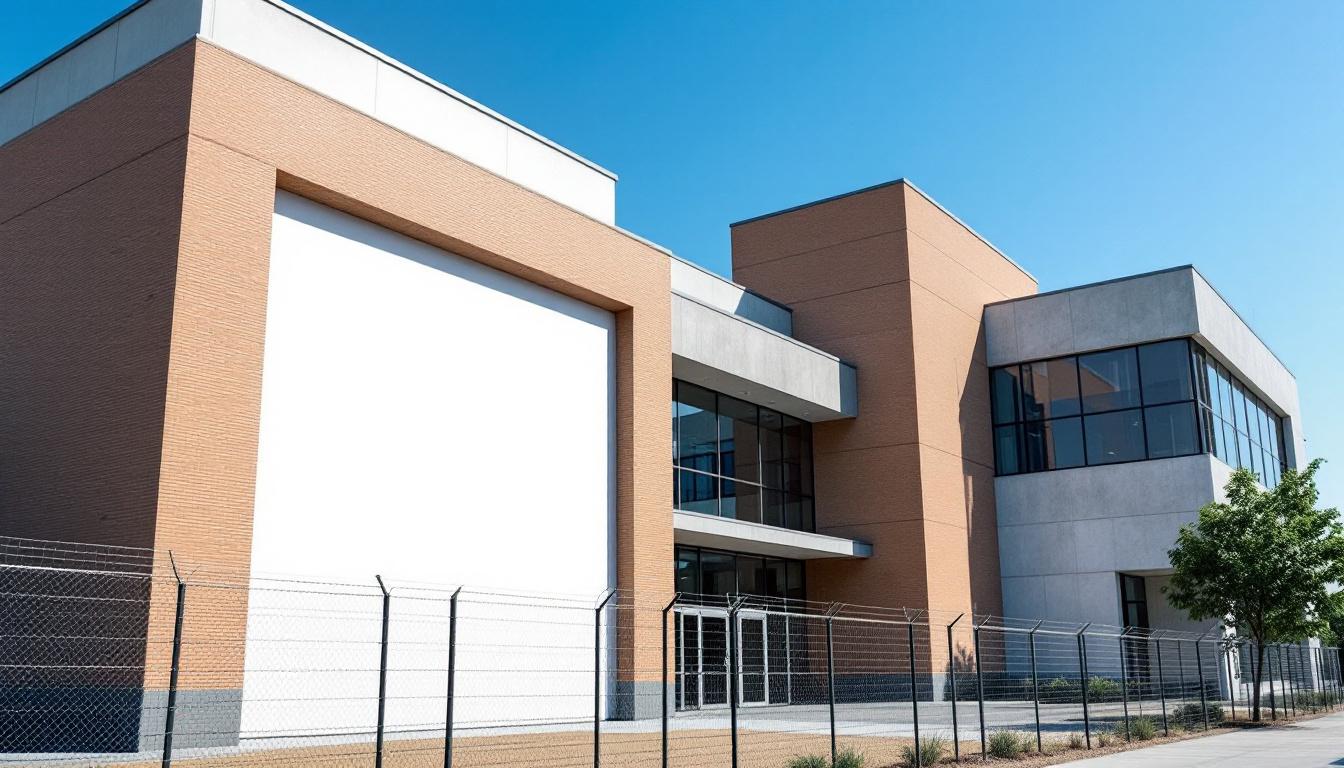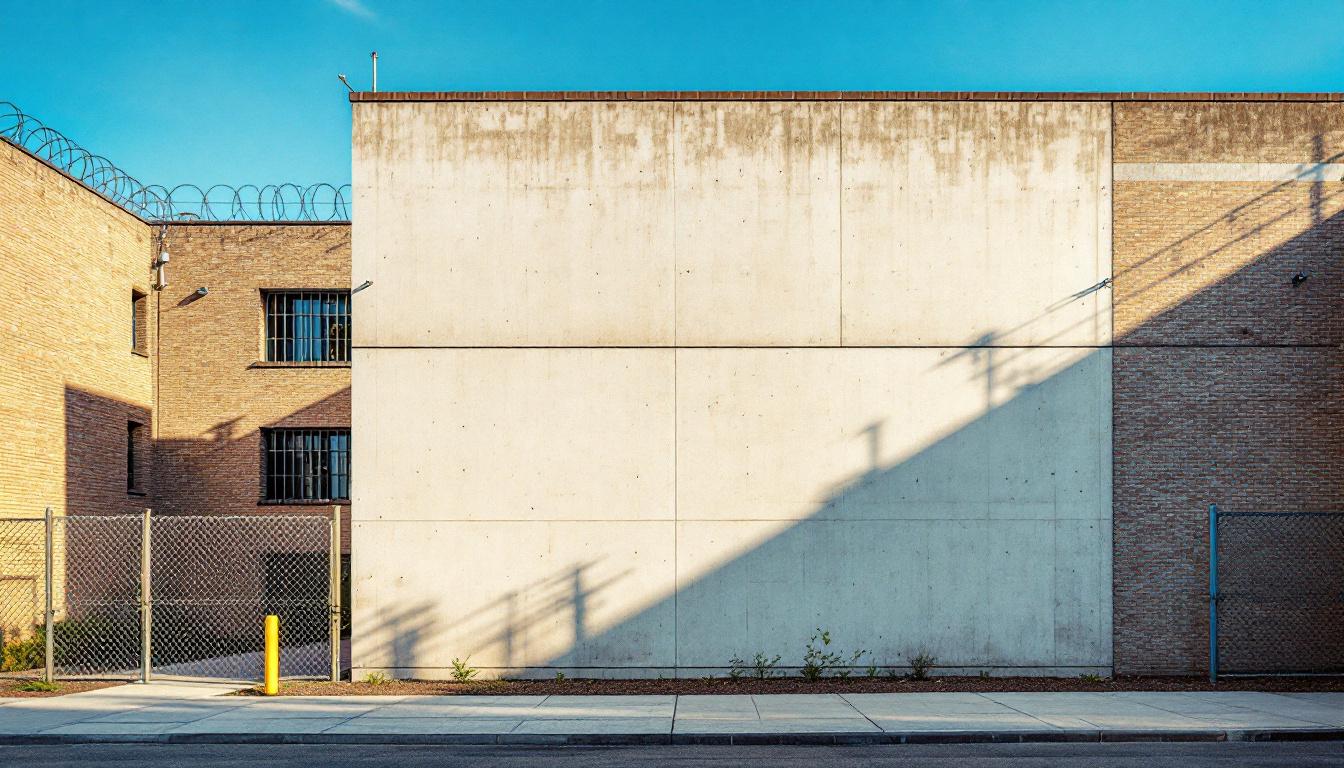
Quick Navigation
How to contact an inmate at Dekalb County Detention Center
This comprehensive guide will walk you through how to connect with an inmate at Dekalb County Detention Center. Follow the steps below to find an inmate and send letters and photos:
- Search for the inmate using our search tool below
- Create your account or log in to Penmate
- Write your message (up to 6,000 characters)
- Send instantly - inmates receive printed copies daily
Find an Inmate
Search for an inmate to start communicating today
Tip: You can search by first name, last name, or inmate ID number
To contact a person at Dekalb County Detention Center start by searching for the person on the official facility website. Perform a search by following these steps:
- Step 1: Enter their first name and last name into the search form and click "Search"
- Step 2: Locate their inmate record
- Step 3: Write down their Inmate ID and any housing information provided
Important! Be sure to enter the person's full name. Nicknames should not be used.
How to Send Messages to Inmates

You can use your phone or computer to send emails, letters, and photos to an inmate. Messages are sent electronically to inmate tablets or kiosks at the facility. If you would like to send a message, start by searching for an inmate at Dekalb County Detention Center.
Sending Photos and Postcards

A great way to send love and support to a loved one at Dekalb County Detention Center is to send photos and postcards. It only takes a few minutes to send photos from your phone and it makes a huge difference. You can also mail postcards with words of support and inspiration, or design your own postcard for special moments like birthdays and holidays.
Important! Be sure not to send any explicit photos or they may not be approved by the facility. You can also use a photo printing app like Penmate to make sure your photos are printed at the correct size (4x6 or 3x5) and are mailed according to the rules and regulations of Dekalb County Detention Center.
Frequently asked questions about Dekalb County Detention Center
-
How long does it take to deliver a message?
If you're sending an email message your letter is usually delivered within 24-48 hours. For messages sent via mail you should expect delivery within 3-7 days. All messages will need be approved by Dekalb County Detention Center.
-
How much does it cost to send a message to Dekalb County Detention Center?
You can send a message free using your phone or mail a message via USPS for the price of a $0.60 stamp and envelope. You can also purchase credits or e-stamps from services starting at $1.99.
-
What services can I use to contact an inmate at Dekalb County Detention Center?
Penmate
You can use Penmate to send letters and photos to an inmate from your phone. It's an easy way to stay in touch during your loved one's incarceration. Use the inmate locator to find an inmate's location and contact information, then you can send messages within a few minutes.
Securus messaging
Securus may be another option for communicating with an inmate at Dekalb County Detention Center. You can create a friends and family account and purchase credits to send messages. All messages will be reviewed and must be approved by the facility.
JPay
Some county jails and state prisons may support sending messages with JPay. You must register an account with the system, find your loved one, and purchase stamps to send messages. For some locations you can also attach photos.
Smart Jail Mail
You may also check if Smart Jail Mail is available at Dekalb County Detention Center. Smart Jail Mail is operated by Smart Communications and has contracted with some state and county jails. After purchasing credits, your messages and photos are sent to the facility, printed out, and then handed out to your loved one.
-
What is the mailing address of Dekalb County Detention Center?
Mailing address:
Dekalb County Detention Center
2801 Jordan Rd SW
Fort Payne, AL 35968
Phone: (256) 845-8565 -
What are the visiting hours at Dekalb County Detention Center?
Visiting hours at Dekalb County Detention Center vary by housing unit and security level. Generally, visits are scheduled on weekends and holidays, with some facilities offering weekday visits. Contact the facility directly at (256) 845-8565 or check their website for the current visiting schedule. Visits typically last 30-60 minutes and must be scheduled in advance.
-
What items are prohibited when sending mail to Dekalb County Detention Center?
Prohibited items typically include: cash, personal checks, stamps, stickers, glitter, glue, tape, staples, paperclips, polaroid photos, musical or blank greeting cards, hardcover books, magazines with staples, and any items containing metal or electronics. Only send letters on plain white paper with blue or black ink. Photos must be printed on regular photo paper (no Polaroids). Always check with Dekalb County Detention Center for their specific mail policies.
-
How do I send money to an inmate at Dekalb County Detention Center?
You can send money to an inmate at Dekalb County Detention Center through several methods: 1) Online using JPay, Access Corrections, or the facility's approved vendor, 2) Money orders mailed directly to the facility with the inmate's name and ID number, 3) Kiosks located in the facility lobby, or 4) Over the phone using a credit or debit card. Fees vary by method, typically ranging from $2.95 to $11.95 per transaction.
-
Can I schedule a video visit with an inmate at Dekalb County Detention Center?
Many facilities now offer video visitation as an alternative to in-person visits. At Dekalb County Detention Center, video visits may be available through services like Penmate, Securus Video Connect, GTL, or ICSolutions. Video visits typically cost $10-20 for 20-30 minutes and must be scheduled in advance. You'll need a computer or smartphone with a camera and reliable internet connection. Contact the facility for their specific video visitation policies and approved vendors.
-
What identification do I need to visit an inmate at Dekalb County Detention Center?
All visitors must present valid government-issued photo identification such as a driver's license, state ID, passport, or military ID. Minors must be accompanied by a parent or legal guardian who can provide the minor's birth certificate. Some facilities require visitors to be on the inmate's approved visitation list, which may require a background check. Contact Dekalb County Detention Center for specific ID requirements and visitor approval procedures.
-
How can I find out an inmate's release date?
To find an inmate's release date at Dekalb County Detention Center, you can: 1) Use the online inmate search tool if available, 2) Call the facility's records department, 3) Contact the inmate's case manager or counselor, or 4) Have the inmate provide this information during a call or visit. For privacy reasons, some facilities only release this information to immediate family members.
Facility Overview
Contact Information
Dekalb County Detention Center2801 Jordan Rd SW
Fort Payne, AL 35968
Phone: (256) 845-8565
Official Website
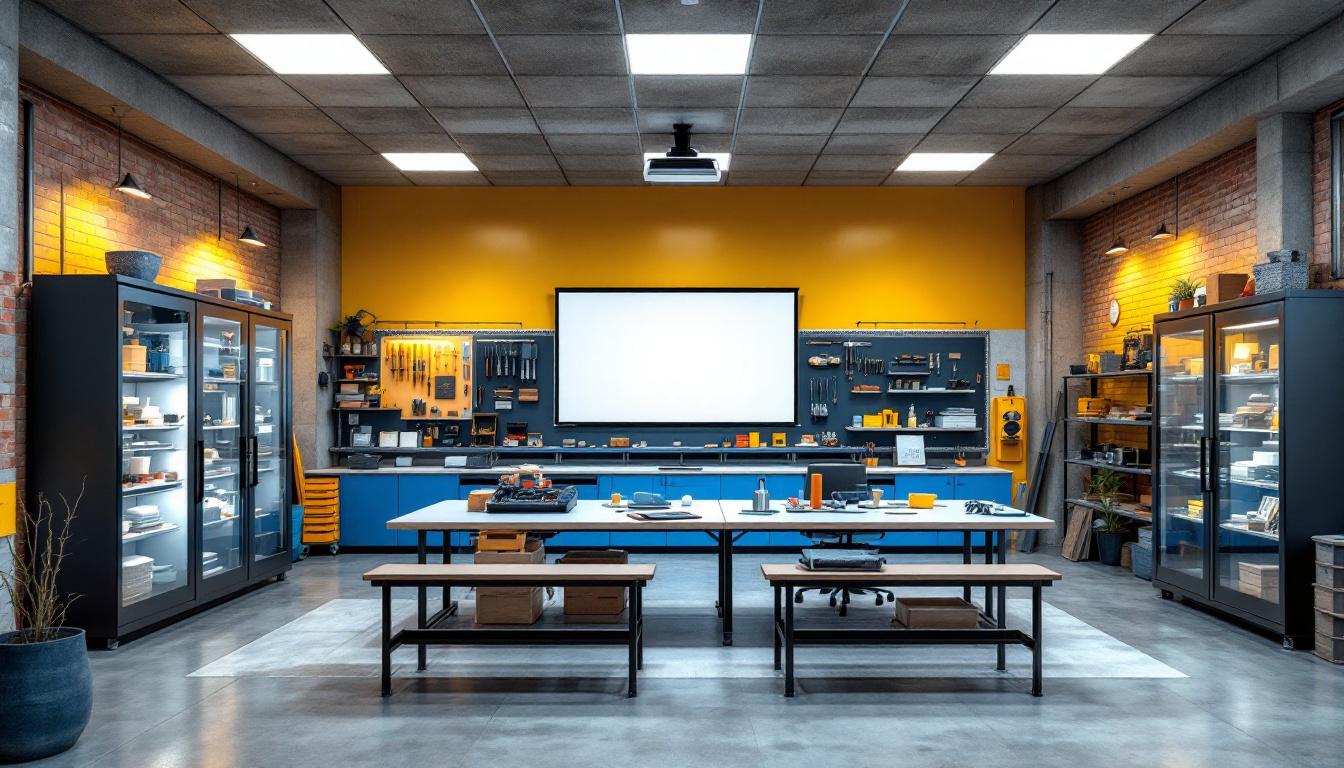
About Dekalb County Detention Center
Community safety and successful reintegration form the cornerstone of Harris County Jail, Houston, TX's mission within Fort Payne, Alabama's correctional landscape. This AL correctional facility operates with a comprehensive approach that balances secure detention with meaningful preparation for community return, recognizing that effective county jail operations must serve both immediate public safety needs and long-term rehabilitation goals. The facility typically maintains programs designed to address the diverse needs of its inmate population while supporting Alabama's broader correctional objectives of reducing recidivism and promoting successful community transitions.
Inmates services at this Fort Payne location generally encompass educational opportunities, vocational training programs, and substance abuse counseling that align with state-wide rehabilitation initiatives. The facility may offer mental health support, job readiness preparation, and life skills development programs that help prepare individuals for their eventual return to Harris County and surrounding communities. Through collaboration with local service providers and state agencies, the jail often facilitates connections between inmates and community resources, creating pathways for successful reintegration that benefit both the individuals served and the broader Alabama community.
Programs & Services
Personal transformation through structured intervention forms the cornerstone of rehabilitative services at Harris County Jail in Houston, Texas. The facility's comprehensive approach to inmate development recognizes that meaningful change occurs through multifaceted programming that addresses educational deficits, vocational skill gaps, and underlying behavioral patterns. This philosophy of holistic rehabilitation typically emphasizes the cultivation of practical competencies alongside personal growth, creating pathways for inmates to develop both the technical abilities and psychological resilience necessary for successful community reintegration.
Educational services often encompass foundational literacy development, high school equivalency preparation, and specialized coursework designed to enhance cognitive functioning and critical thinking skills. These academic interventions may provide inmates with opportunities to address educational gaps that frequently contribute to cycles of incarceration. Furthermore, vocational training in construction trades typically offers hands-on instruction in essential building skills, enabling participants to develop marketable competencies in carpentry, electrical work, plumbing, and related disciplines that align with regional employment demands.
The facility's support services infrastructure may include work release opportunities that facilitate gradual community reintegration while maintaining structured supervision. Faith-based programming often provides spiritual guidance and moral development frameworks for inmates seeking meaning and purpose during their incarceration. Additionally, specialized training in landscaping and commercial driving (CDL) certification typically expands vocational options, while therapeutic interventions address underlying substance abuse issues, mental health concerns, and behavioral patterns that contribute to criminal conduct. These interconnected services work synergistically to create comprehensive support systems that extend beyond mere custodial care toward genuine rehabilitative transformation.
Daily Life & Visitation
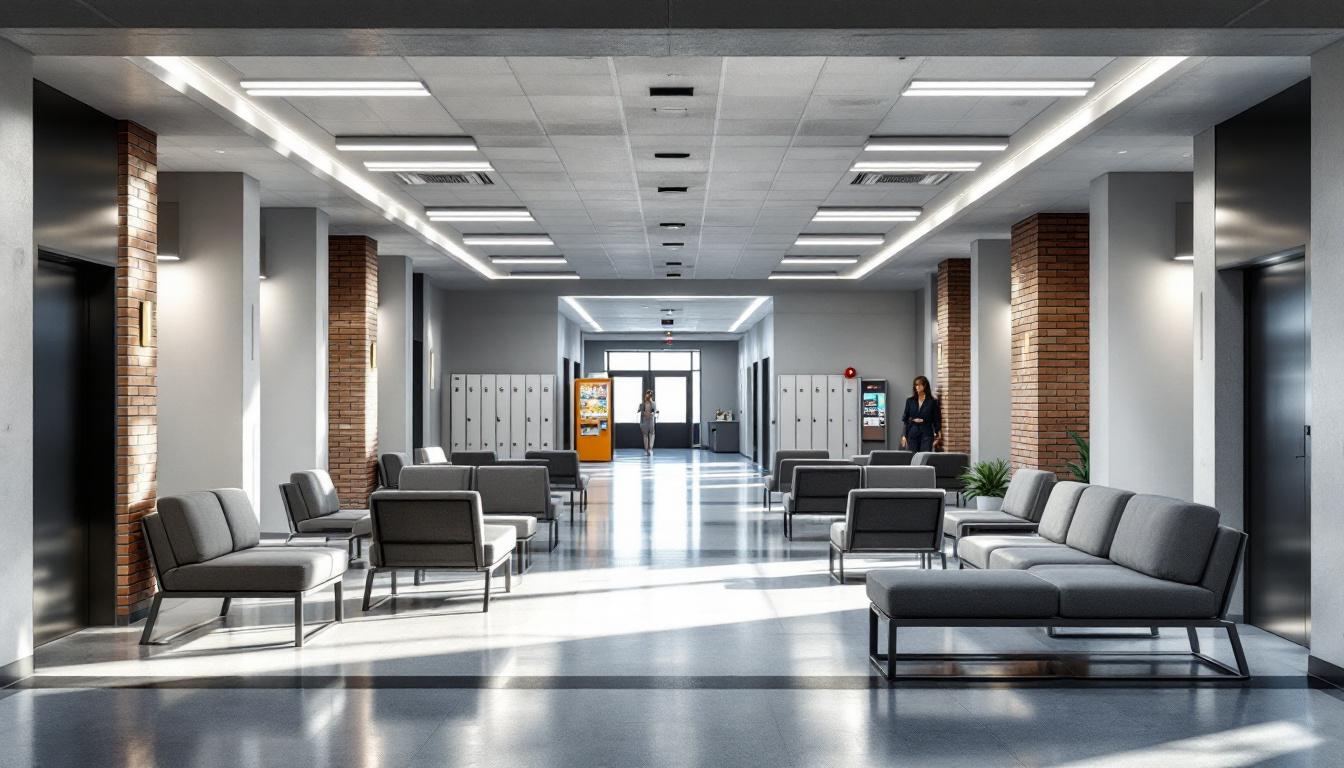
The concrete walls and fluorescent lighting of Harris County Jail create an institutional atmosphere where hundreds of inmates navigate their daily existence within a highly regulated environment. At present, the facility actively maintains structured schedules that begin with early morning counts and extend through evening lockdown procedures, providing inmates with predictable routines that typically include designated times for meals, recreation, and various programming activities. The housing units generally accommodate multiple inmates per cell or dormitory-style arrangements, where personal space becomes limited and individuals must adapt to sharing living quarters with others who may have different backgrounds and temperaments.
Furthermore, the living accommodations within the facility usually feature basic amenities including beds, storage areas for personal belongings, and shared bathroom facilities that serve multiple inmates. The dining arrangements typically involve scheduled meal times in common areas where inmates receive standardized portions, and commissary services may provide opportunities to purchase additional food items and personal care products. Although the environment can feel restrictive, inmates often develop coping strategies and informal social structures that help them manage the stress of confinement while maintaining connections to their families through regulated visitation programs and telephone privileges.
The facility generally provides various work assignments and structured programming schedules that give inmates opportunities to remain productive during their incarceration. Recreation periods typically include access to exercise areas, television viewing, and sometimes educational or vocational programs that help inmates prepare for eventual reintegration into the community. Although maintaining family connections can be challenging within the institutional setting, visitation policies usually allow for regular contact with approved visitors, and communication options may include monitored phone calls and correspondence that help inmates preserve important relationships during their time at the facility.
Ready to Connect?
Start communicating with your loved one today
Search for an Inmate
